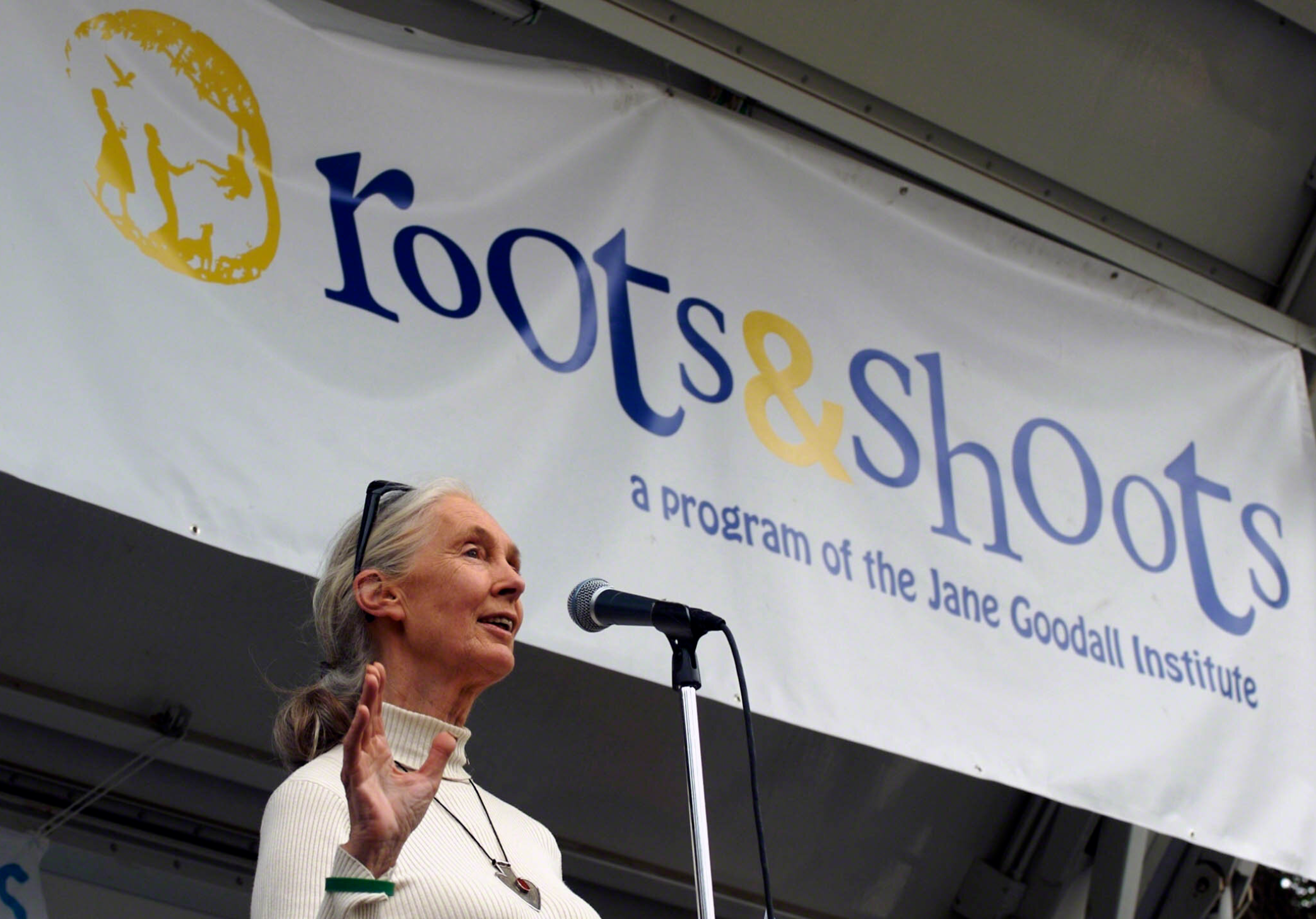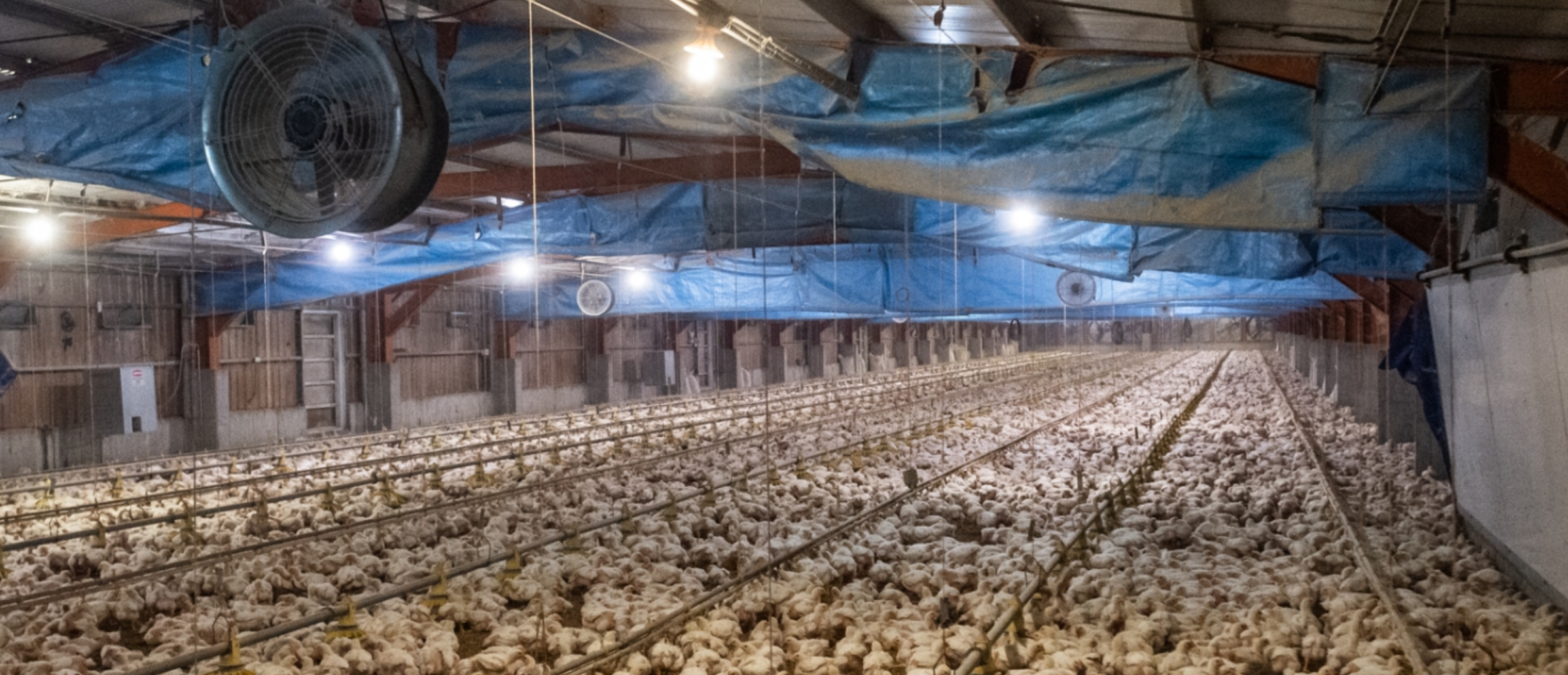A coalition of more than 150 animal and environmental protection organizations have issued a call-to-action to UN and world leaders to change course to prevent the multiple harms to nature that have fuelled the current pandemic. The coalition warns that a “business-as-usual” approach to building back from Covid-19 will have dire consequences for human communities, animals and Earth’s support systems.
In their report, The Animals’ Manifesto: Preventing Covid-X, the NGOs argue that the global chaos and destruction caused by Covid-19 are directly linked to our exploitation of nature and animals. And they’ve developed a comprehensive set of recommendations to ensure that the pandemic recovery programs address the underlying causes of the disaster stemming from our broken relationship with animals and the environment.
“How shocking to realize that we brought this on ourselves. Through our disrespect of the natural world, and our disrespect of animals,” says Dr. Jane Goodall in her foreword to The Animals’ Manifesto.
Dr. Jane Goodall argues that our abuse of nature and animals, both farmed and wild, are major contributors to the current and future pandemics. She campaigns to end wildlife markets, calls out the damage done by factory farming, and advocates shifting to a plant-based diet. Photo: Jeff Orlowski.
“The pandemic has exposed fundamental flaws in the way we relate to and exploit animals, and demonstrates how this exploitation can have enormous economic and social repercussions across the world,” says the report.
It calls for the creation of a more sustainable, equitable and humane world and prevention of the next pandemic, Covid-X – a call given even greater urgency by the WHO’s recent declaration that Covid-19 is “not necessarily the big one”.
Similarly, the UN Environment Programme and the International Livestock Research Institute’s 2020 report, “Preventing the Next Pandemic” said, “Pandemics such as the COVID-19 outbreak are a predictable and predicted outcome of how people source and grow food, trade and consume animals, and alter environments.”
The report goes on to state, “most emerging infectious diseases – whether in wildlife, domestic animals, plants or people – are driven by human activities such as agricultural intensification, wildlife use and mis-use, and human-induced landscape changes, interacting in unpredictable ways that can have negative outcomes.”
Accepting the fact that the power to prevent future pandemics is in our hands, it’s important to realize also that a preventive approach is far more cost-effective than a reactive one. A recent analysis published in the journal Science, suggested that the cost of implementing key preventive measures over the next 10 years – including protecting wildlife and forests, would equate to just two percent of the estimated financial damage of Covid-19.
The Animals’ Manifesto argues for policies and actions in several key areas including: shifting dietary demands for protein; transforming agricultural systems; and reducing the use and exploitation of wildlife. Here are some of the recommendations.
Shifting Dietary Demand For Protein
Promote and ensure availability and affordability of healthy and sustainable diets.
Tax foods that are unhealthy, unsustainable and which increase zoonotic risks.
Invest in and increase financing for development and innovation of plant-based protein alternatives.
Animals in factory farms are crammed together in unsanitary conditions. Scientists say this is ideal for them to act as “mixing vessels” for the mutation of viruses and other pathogens, greatly increasing the risk of zoonotic diseases. Recent waves of avian influenza and swine flu originated in factory farmed animals. Photo: Jo-Anne McArthur, We Animals Media.
Transforming Agricultural Systems
End the intensive production of farmed animals by reducing stocking densities and eliminating the use of cages, crates and any other forms of close confinement.
End livestock markets, where animals are physically amassed and sold, as well as the international trade in, and long-distance transport of, live animals.
End the prophylactic use of antimicrobials in farmed animals.
Transition towards regenerative agriculture and agro-ecological production systems that improve soil quality and contribute to biodiversity.
Reducing Use and Exploitation of Wildlife
End the farming of animals for fur and fashion.
End the long-distance transport of live wildlife and import-export schemes for wildlife.
Reverse habitat loss trends.
Establish strong regulation and control over any remaining uses of wildlife.
Complete a “just” transition to support those who currently rely on the commercial trade of wildlife, supporting them to move to other more sustainable, and safe, livelihoods.
“This is a moment of opportunity to meet the enormous challenges Covid-19 has illuminated and together change our trajectory to ensure the wellbeing of all. Time is of the essence. Work must begin immediately and extend through the decade. Our ability to prevent the next pandemic, and secure our common future, depends on it,” states the report.
There can be little doubt that 2020 was – as 2021 continues to be — a reckoning. We’ve come face-to-face with the threats we are cavalierly unleashing from our ongoing encroachment into the spaces and lives of animals. The experience of Covid-19 has shone the brightest of lights on how this is responsible for the current ills we are enduring.
We must trust that it will cause us to finally recognize that we need to alter our relationship from one of exploiting those with whom we share this planet, to one of respect.



